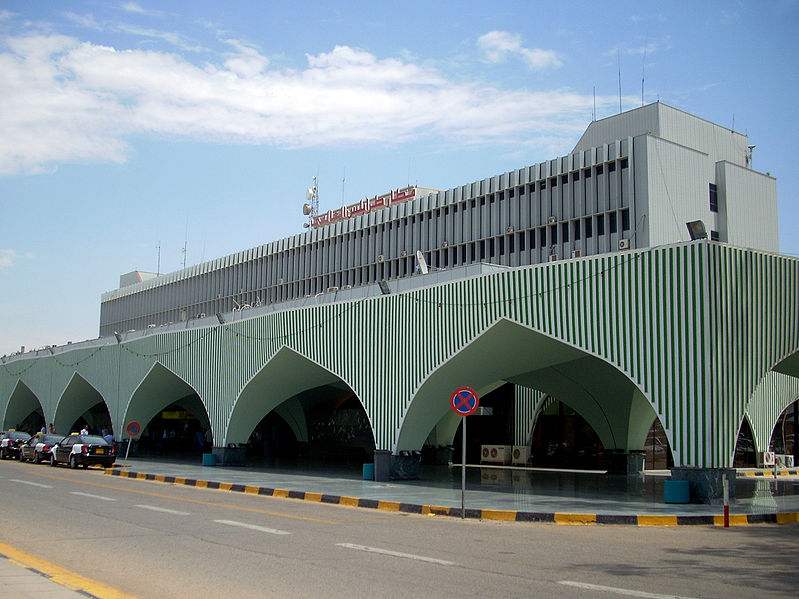By Sami Zaptia.

Tripoli, 17 August 2014:
The Central Bank of Libya (CBL) announced today that it will restart the operation of its . . .[restrict]electronic cheque clearing system (ACP) on a temporary basis as of next Wednesday.
The CBL, however, stressed that the electronic cheque clearing system will only be operational for two days of the week – on Monday’s and Wednesday’s. The CBL did not provide a reason for this temporary and intermittent return of service.
It will be recalled that the CBL had announced the suspension of the electronic cheque clearing system on 5 August for one working week until 10 August. However, in reality, the suspension of the service has continued until today.
The CBL had stated that the reason for the suspension of the electronic cheque clearing system was that there was an increase of the number of fraudulent cheques.
Today, this writer visited his bank, one of the leading privately owned Libyan banks, in central Tripoli, only to find it closed.
Staff inside the bank said that they were closed “for security reasons” and that all customers from all their branches could receive services from the Dat Il Imad towers branch.
Upon visiting that branch, I was indeed able to obtain a balance of my account, but unfortunately the branch had ran out of cash. “We finished over 9 million dinars of cash”, responded the bank employee to my displeasure at the lack of cash.
The bank could not, however, receive and credit a cheque I wished to pay into my account either – due to the above mentioned non-operation of the electronic cheque clearing system.
On another note, the CBL also announced today that it had successfully delivered cash last Thursday to the south of Libya, to cover the cash needs of all banks in the southern region.
The CBL also revealed today that it had successfully delivered cash, today, to its branch in the city of Al-Beida to cover the cash shortage in banks in the eastern region of Libya.
It will be recalled, that due to the poor security situation in Libya, caused by a weak central government and its law enforcement agencies, and the proliferation of arms due to the 2011 revolution – there has been a spate of armed bank robberies as well as the heist of bank vans transporting cash.
As a result, many banks have refused to open until the government could provide added security – but the government has been unable to provide added security to all the banks across Libya. This, has led to a reduced number of banks opening all over Libya and in a delay in the arrival of cash to them [/restrict]








